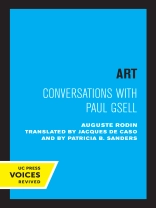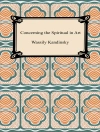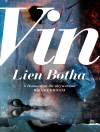In Conversations with Paul Gsell, Rodin’s thoughts were captured in a conversational form that lent immediacy to his ideas, grounding them in reflections on his own work and that of others. Gsell’s role as collaborator shaped the dialogues, which were based on a series of articles published before the 1911 book, providing a written record of Rodin’s philosophical musings on the purpose and nature of art, artistic expression, and movement. While Rodin’s celebrity amplified the book’s reach, the collaborative nature of its creation complicates attributing its thoughts solely to Rodin, as Gsell’s influence in the selection and framing of topics is significant. Yet, the authenticity of Rodin’s voice shines through, and the work has become a touchstone for understanding his views on art and his aesthetic principles.
This dialogue remains essential to studies of Rodin’s philosophy and artistic legacy, though scholars sometimes overlook it in broader explorations of early 20th-century intellectual themes. Its historical context connects it to Symbolism, Bergsonian philosophy, and the emerging modernist aesthetics that questioned classical ideals. However, the nuances of the Rodin-Gsell partnership, Gsell’s mediating role, and Rodin’s own contributions warrant further study to fully appreciate how these elements interact to shape a foundational text in art theory. The Conversations invite readers to a deeper examination of how artistic reflection and creation converge and exemplify the enduring complexities of translating visual creativity into words.
This title is part of UC Press’s Voices Revived program, which commemorates University of California Press’s mission to seek out and cultivate the brightest minds and give them voice, reach, and impact. Drawing on a backlist dating to 1893, Voices Revived makes high-quality, peer-reviewed scholarship accessible once again using print-on-demand technology. This title was originally published in 1984.
Sobre el autor
Enter the Author Bio(s) here.












